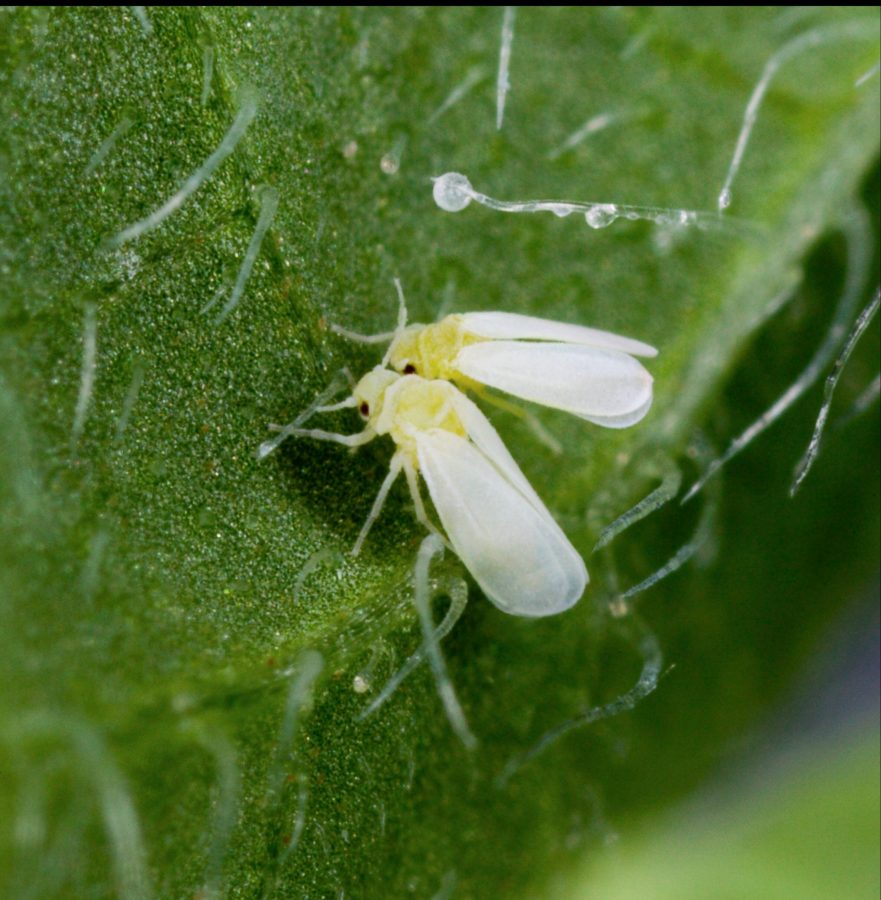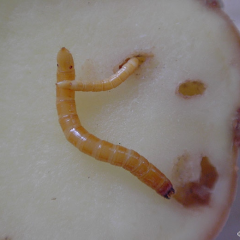Research project Assessing the risk of whitefly transmitted viruses for Belgian crops

General introduction
The VIRTAB project has shed more light on the presence of an insect pest - the tobacco whitefly or Bemisia tabaci - in Belgium. The insect can cause severe damage in greenhouse crops of tomato or cucumber, and it can also transmit more than 100 harmful plant viruses. Sampling B. tabaci on Belgian crops proved challenging. Only nine populations were eventually found in Belgium, and through international exchange, samples from other EU countries were also co-analyzed. For B. tabaci, one must distinguish between EU and non-EU populations. The latter are sometimes found in imported products and ornamental plants from non-EU countries, and they are considered quarantine pests. VIRTAB shows that EU populations belong mainly to the 'MED' biotype, while non-EU samples show more variation. Several viruses were found, including begomoviruses and poleroviruses, with in one case a clear link between the virus and the B. tabaci biotype.
Research approach
RNA and DNA was extracted from all collected B. tabaci samples. Genetic analyses and virus detection was then performed. To determine the biotype of B. tabaci populations and the viruses that may or may not be present in those populations, we used both classical techniques (e.g., PCR) and high-throughput sequencing (Illumina). Using the programs VirusDetect and CZ-ID, the high-throughput sequencing data from the B. tabaci populations were screened for the presence of plant virus sequences.
Relevance/Valorization
The results of this project can be used to validate the EU policy on non-European populations of B. tabaci. They also gave a better picture of the presence of Belgian B. tabaci populations, as well as of the viruses they might transmit. Worldwide, the whitefly B. tabaci causes yield losses of more than 1 billion euros per year. Although additional studies are needed due to limited sample sizes and sampling bias, this research provides valuable information for the prevention and control of virus spread by B. tabaci, which is essential for Belgian greenhouse horticulture.









